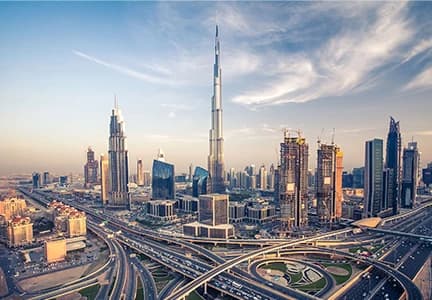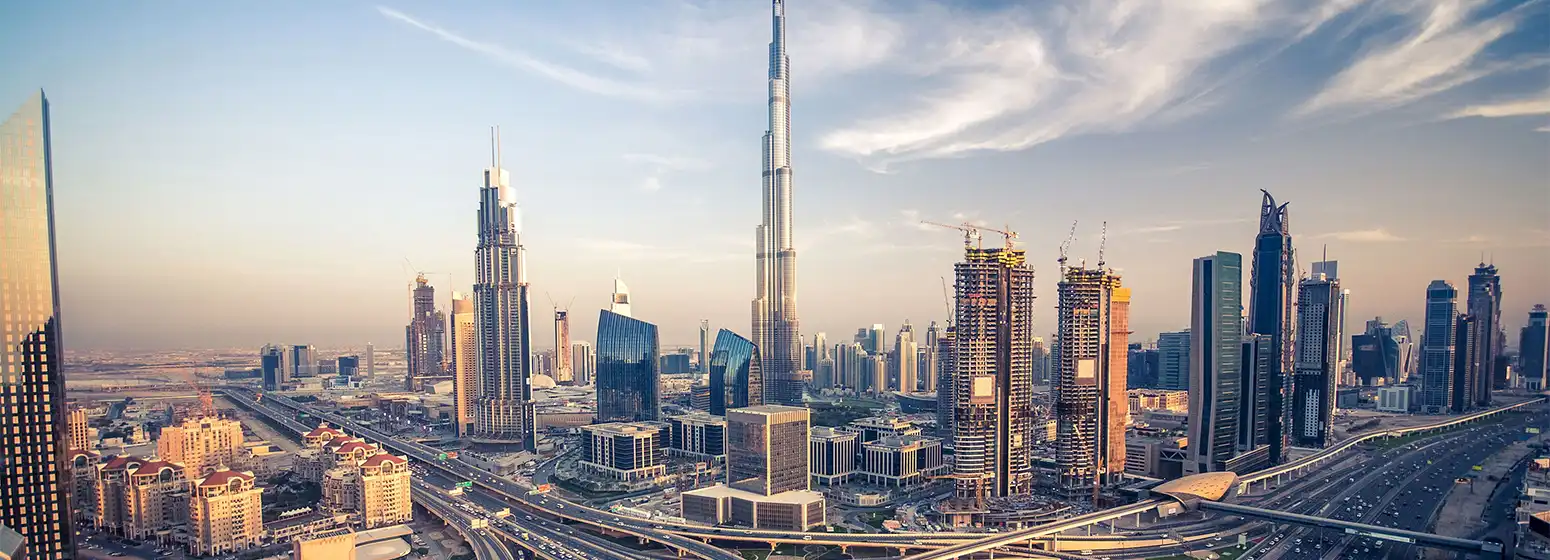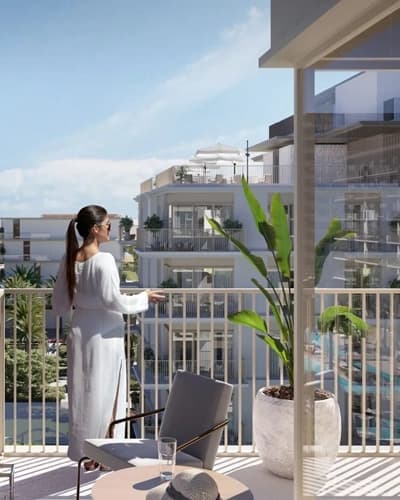Overview of Dubai Property Market
Dubai's real estate market has consistently drawn foreign investors due to:
- Freehold ownership in designated areas for expatriates.
- High rental yields (averaging 6-8%, with some communities exceeding 10%).
- No property or capital gains tax, making Dubai one of the most investment-friendly markets worldwide.
- Strong demand for off-plan projects with flexible payment plans.
Whether you're buying a luxury villa in Palm Jumeirah, an apartment in Downtown Dubai, or an off-plan unit in Dubai Creek Harbour, your financing method, cash or mortgage, plays a significant role in ROI and long-term financial planning
Cash vs. Mortgage: Quick Comparison
| Factor | Buying with Cash | Buying with Mortgage |
|---|---|---|
| Transaction Speed | Fast ownership transfer within days | Slower ownership transfer that requires bank approvals, 2-6 weeks |
| Upfront Payment | 100% of property value + fees | 20-25% down payment (expats), 20% (UAE nationals) |
| Extra Costs | DLD fee (4%), agent fee | DLD fee (4%), agent fee, valuation fee, mortgage registration fee, interest |
| Negotiation Power | Strong - Sellers prefer cash buyers | Weaker - Some sellers may avoid mortgage delays |
| Interest Costs | None | 3%-5% annually, depending on bank |
| Long-Term Cost | Lower | Higher due to interest |
| Liquidity | All funds tied up in property | Preserves capital for other investments |
| Diversification | Limited - Most funds in one property | Easier - Invest in multiple properties |
| Risk Exposure | Low - No debt risk | Higher - Loan default risk if payments missed |
| Ideal For | End-users, long-term investors, buyers seeking hassle-free ownership | Investors building portfolios, buyers who want flexibility and liquidity |




